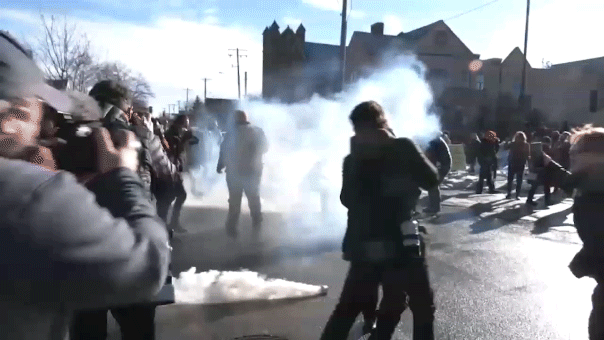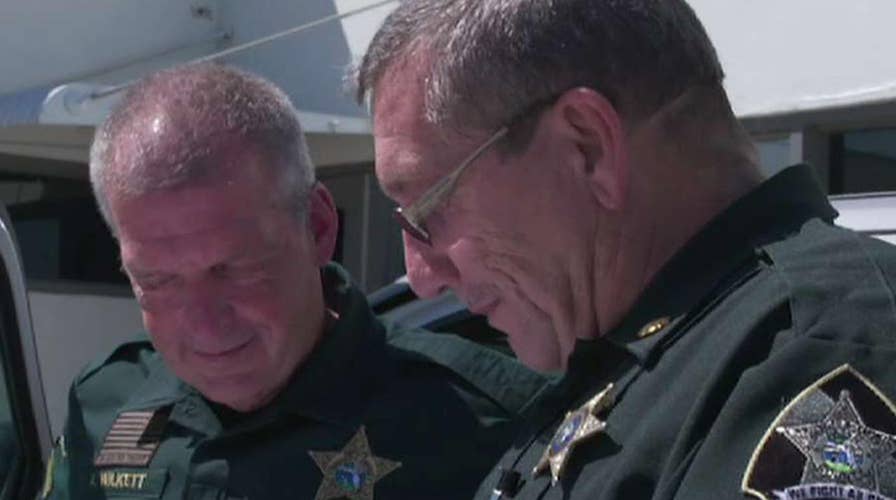Inside law enforcement's efforts to end human trafficking
'Fox Report' provides some insight into the horrors of human trafficking and the steps that law enforcement is taking to put a stop to it.
When people fall prey to sex traffickers, it can take a village of law enforcement agencies and advocacy organizations to pull them from the sex work they’re forced to endure. Detectives, officers and FBI agents often coordinate efforts to rescue those who are trapped and put their abusers behind bars.
The ease with which traffickers transport their victims makes the work of investigators and law enforcement agencies even more complicated. The women are often sold online -- and raped in person. Much of the police work is done on the Internet, a task that can weigh on investigators enduring long hours and reviewing endless streams of disturbing content.
As part of an ongoing investigation into the practice of human trafficking, in which someone is sold into sexual exploitation or forced labor, Fox News interviewed law enforcement officials at state and federal levels to better understand efforts to stop the shocking practice.
Those corridors are so hot with human trafficking activity that, at times, we put together a task force just to attack those corridors.
“They’re hiding in plain sight,” said Cpl. Alan Wilkett, a veteran of the Pasco County Sheriff's Office in Florida. “The trafficker is comfortable in that there’s such high transit [on the highways] that it becomes difficult to spot the activity.”
Wilkett, who spearheads a human trafficking task force for Pasco County, told Fox that highways are often used to transport trafficking victims from city to city, where they are forced to “work” by their captors.
“If a trafficker is getting his victim from one place to another, for instance, a high-end or high-populace activity that’s happening in Tampa … he’s going to use the I-4 corridor,” Wilkett said. “In fact, those corridors are so hot with human trafficking activity that, at times, we put together a task force just to attack those corridors,” he explained.
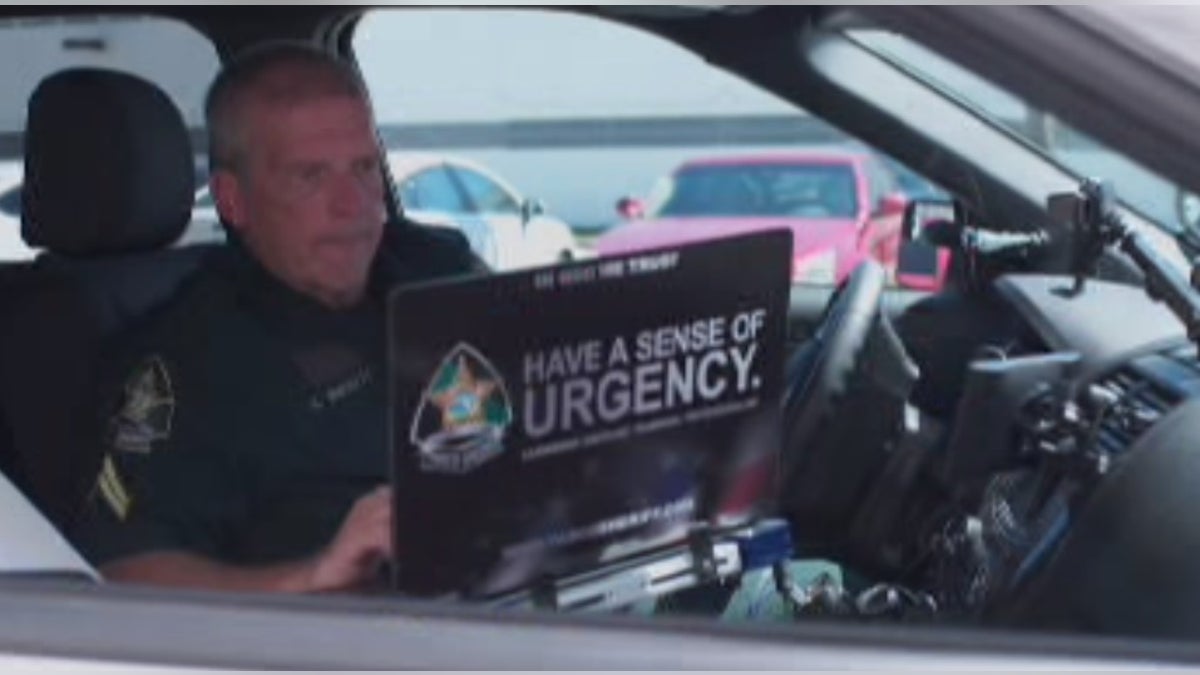
Pasco County Sheriff's Cpl. Alan Wilkett uses his laptop from his service vehicle.
Law enforcement task forces, often coordinated between different agencies, are a common tactic to combat a variety of crimes – including human trafficking. Often, the FBI will partner with a local police department to conduct sting operations on traffickers. Such is the case in Toledo, Ohio, where Det. Peter Swartz leads the department’s efforts in the fight.
Swartz, who focuses full time on human trafficking, pulls double duty as a detective for the Toledo Police Department and a field agent for the FBI. He said he sees victims from across the country who have been trafficked through Toledo.
“They were on their way to Florida, Atlanta, Georgia. You know, Orlando, Tampa,” he said. “We know some victims end up there and some of our traffickers end up there,” Swartz told Fox.
A lot of the cases that we work with, the predators, the pimps, the trafficker are getting substantial sentences for turning out our kids.
Swartz said he gets fulfillment from the work, even though he’s often dealing with minors who have been trafficked against their will. More importantly, he said the people coercing them into forced sex work are facing consequences.
HUMAN TRAFFICKING VICTIMS MOSTLY UNDERAGE CHILDREN FROM WITHIN THE US
“I think we’ve made a significant difference as far as sex trafficking,” Swartz said. “A lot of the cases that we work with, the predators, the pimps, the trafficker are getting substantial sentences for turning out our kids,” he added.
Having investigators focusing specifically on sex trafficking, like Swartz, has become increasingly important as sex trafficking continues to become more commonplace. In Ohio, the attorney general’s human trafficking commission reported that law enforcement agencies across the state investigated 242 instances of human trafficking in 2017. It made 80 arrests and secured 61 convictions.
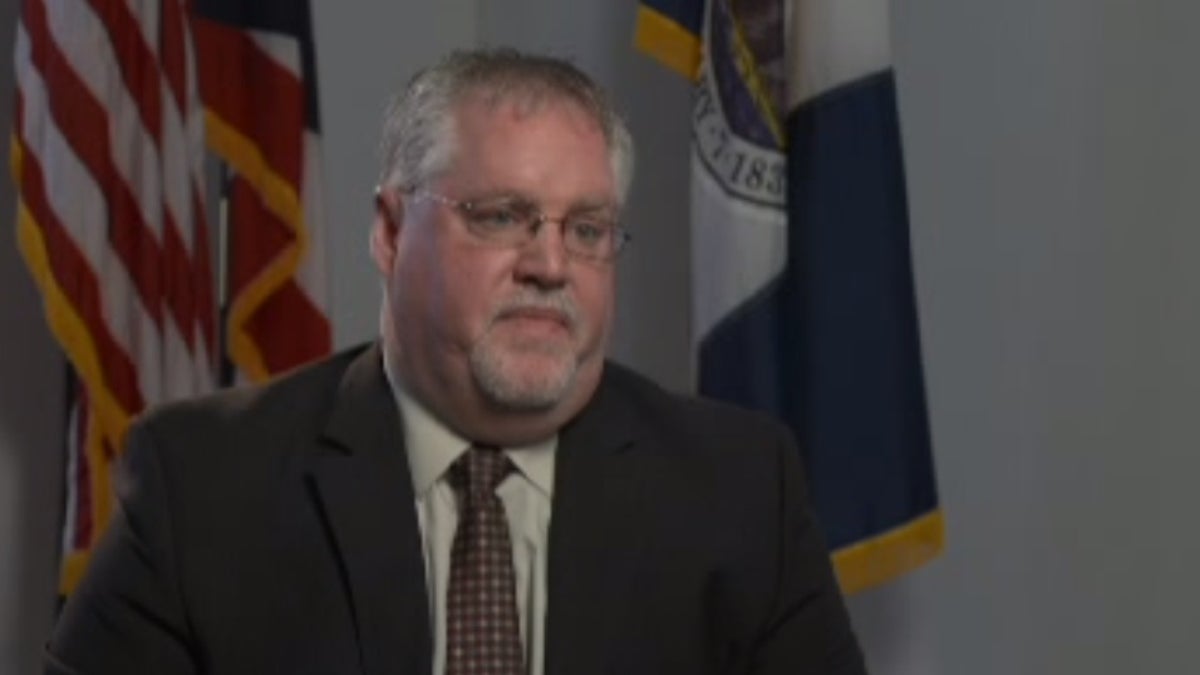
Toledo Police Department Det. Peter Swartz in an interview with Fox News.
Swartz said a large portion of his day consists of following up on tips he’s given by different organizations like Crime Stoppers, the National Center for Missing and Exploited Children and the local Missing Persons Bureau.
“Basically, we use an undercover officer to call an ad that may be advertising for escorting, but we know it’s an ad for prostitution,” Swartz said. “Then we’ll try to recover them and find out what’s going on with them and what led [them] to this work,” he told Fox.
Most of the victims are folks that are in such vulnerable positions they are not able to make their own decisions.
The enforcement tactics use by Swartz and the Toledo police are much the same as those used by the FBI. William Sweeney, the assistant director in charge of the New York field office, said the agency has increased its focuses and resources to fight human trafficking.
“Most of the victims are folks that are in such vulnerable positions they are not able to make their own decisions,” Sweeney said, adding that “they are exploited by perpetrators all across the region.”
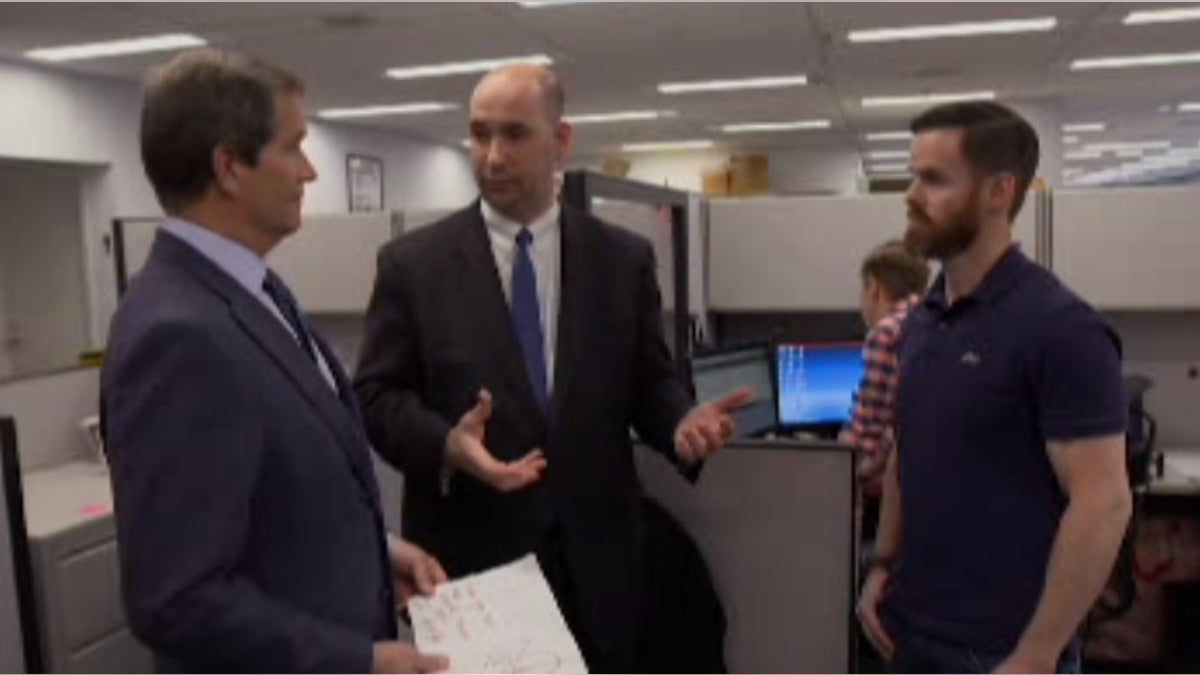
Jon Scott talks with Assistant Director in Charge William Sweeney and FBI Special Agent Brian Gander.
Sweeney and his agents participate in the FBI’s flagship human trafficking enforcement action, Operation Cross Country. In 2017, the agency conducted its 11th iteration of the sting operation. According to a report released by the bureau, the operation took place “in 55 FBI field offices and involved 78 state and local task forces, consisting of hundreds of law enforcement partners.”
Operation Cross Country XI recovered 84 minors and arrested 120 traffickers. The focus of the operation was specifically on underage victims. Some critics of the effort have complained that the operation needlessly sweeps up willing sex workers, charging them with felonies and further perpetuating a lifestyle of crime. Still, few argue with the necessity of pulling teens from a life of rape and abuse.
“That renewed focus, I think, has also led to increased reporting and then increased prosecutions and increased attention,” Sweeney said. “So it really seems to feed upon itself – which is good in the fact that we’re helping victims, [and] obviously bad in the fact that you realize how pervasive it actually is.”
If you are being trafficked or suspect that someone you know is being trafficked contact The National Center for Missing and Exploited Children at 1-800-THE-LOST or CYBERTIPLINE.ORG.



